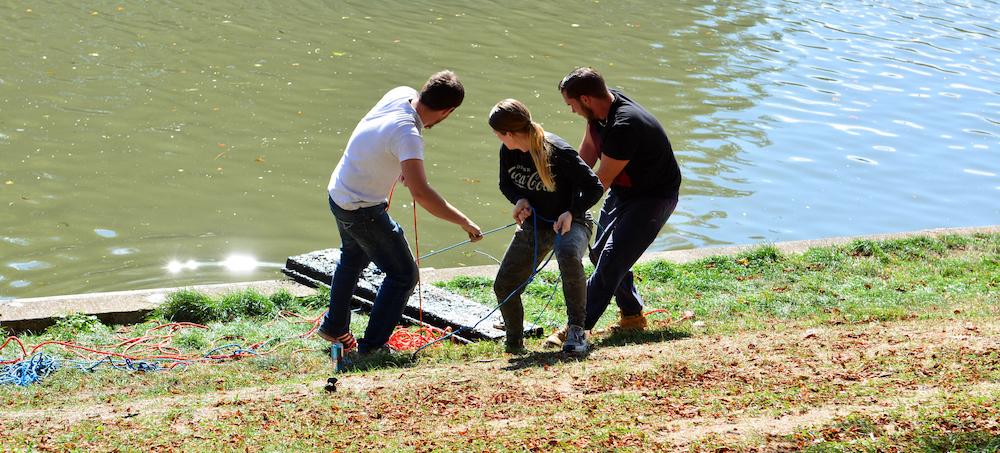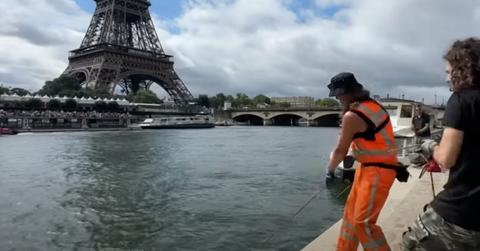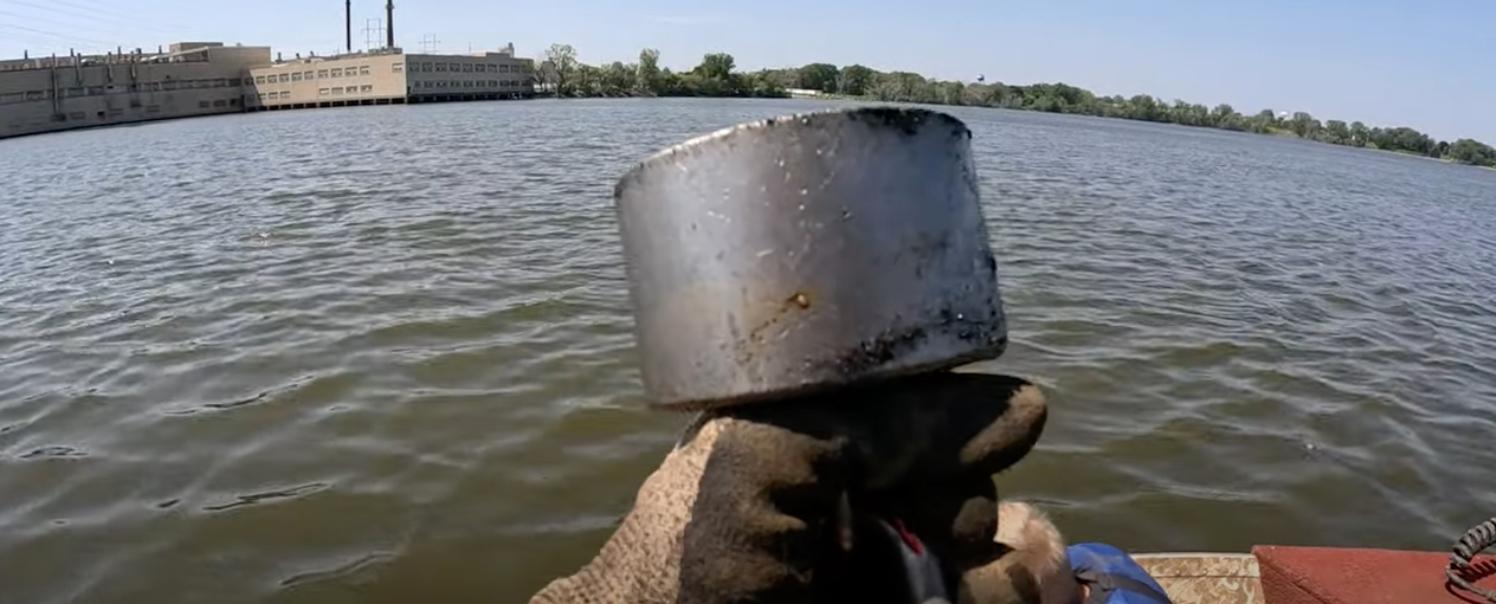Magnet Fishing Has Gained a Following Over the Years — so Why Is It Illegal?
Published Sept. 5 2023, 9:54 a.m. ET
Over the years, many outdoor hobbies have developed a following of devoted enthusiasts, including extreme hikes and a variety of dangerous sports. The popularity of these hobbies has only been expedited by social media, where anyone can find common ground with others, meaning hobbies like magnet fishing get more exposure.
Although it's gained a large social media presence, magnet fishing is illegal in some places. The hobby seems like it can be harmless enough, but an air of mystery is involved that could mean danger for anyone who participates.
Here's what you need to know about magnet fishing, why people might enjoy it, and why it's illegal.
What is magnet fishing?
According to the BBC, magnet fishing is pretty self-explanatory. People use magnets to fish for metal in bodies of water. A magnet is tied to the end of some kind of rope, hoping it's strong enough to pull some valuable metal to the surface. The publication says this hobby could be gaining traction for two reasons.
For one, magnet fishing could attract a following because, most likely, the angler will walk away with something at the end. It's "rare" for them to head home with nothing to show for their efforts. And two, there's a mystery and thrill in not knowing what you will find or how much it will be worth. Although this can be a fun hobby with seemingly a low entry barrier, magnet fishing has some clear dangers.
Why is magnet fishing illegal?
Although magnet fishing can be fun for people of all ages, it is illegal in some places because it can be dangerous. That same mystery fishers love can be the very reason why you need to be careful. Guns, bombs, literally anything can be tossed in a body of water, and if you don't know how to handle these things, you could harm yourself or others.
The Canal and River Trust in the U.K. states that removing "weird and wonderful items" from waterways can be a big risk.
"Items dragged out by magnets could be sharp or heavy and cause you to be dragged into the water," The Canal and River Trust states. "We've even had reports of people fishing out old war bombs and dumped weapons."
Where is magnet fishing illegal?
According to Outdoor Life, in the U.S., South Carolina is the only state that has outlawed magnet fishing. Its Underwater Antiquities Act, passed in 1991, makes it illegal to "harvest any archaeological artifacts from state waters without a license." And these licenses aren't easy to come by.
To legally magnet fish in South Carolina, the University of South Carolina states that you need a Hobby License. However, the state and its Institute for Archeology and Anthropology (SCIAA) don't give licenses for this hobby. The university goes as far as to call it a "potentially destructive practice."
Magnet fishing is completely banned in the U.K. because of its dangers.

Luckily, the law doesn't extend to private waters. As long as you own it or get permission from the owner, you can fish in any privately owned body of water. Other states in the U.S. allow you to magnet fish with some restrictions. Be sure to check the laws of your state before you start!
On the bright side, magnet fishing could positively impact the environment. YouTuber Bryce of Outdoors Weekly posted a video where hundreds of pounds of shopping carts were pulled out of one area in only a few hours, thus, ultimately cleaning up his local body of water and making it safer for marine life to thrive.



